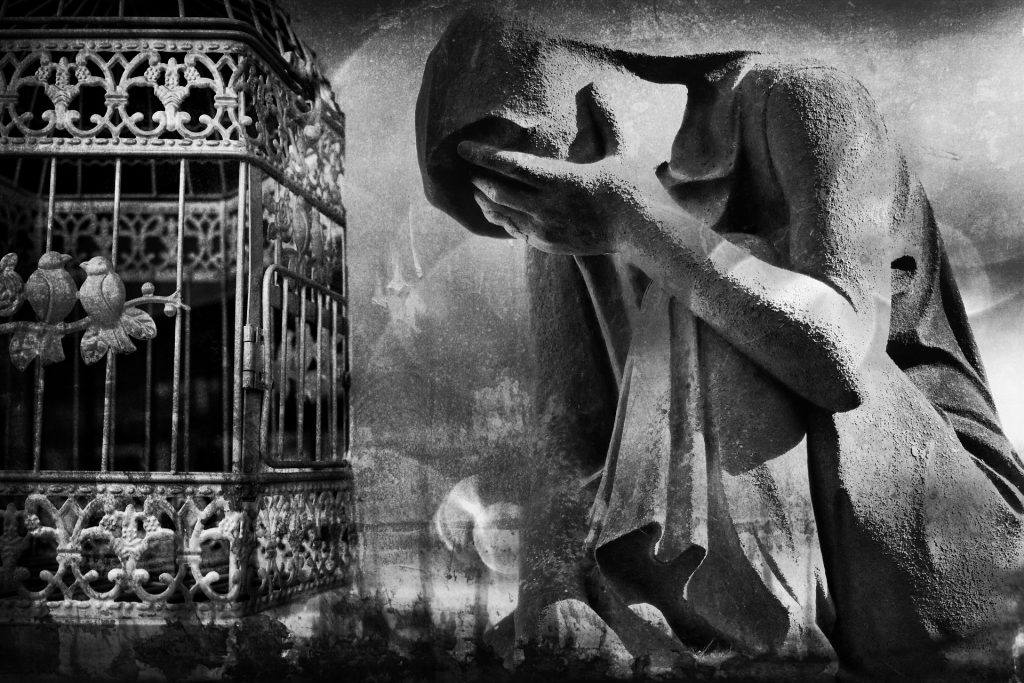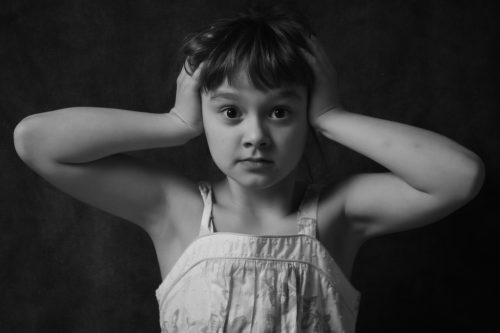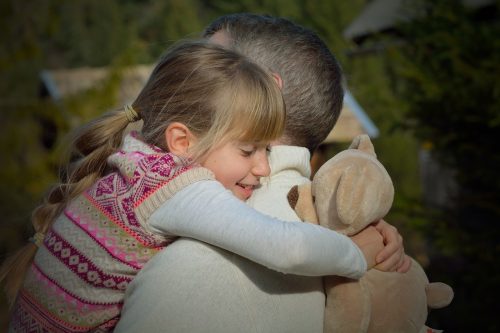
Source: pixabay.com
Grief and losses are normal occurrences in human experience, and no man is excluded from the emotions that go with it. Grief and losses are challenging, but certain situations that further intensify the response to these events such as mental health disorders, poor coping mechanisms, etc. People with mental health issues might aggravate their symptoms or even worse, a relapse of episodes. This is also applicable for children with a mental health disorder. For many of these age groups, it is challenging to handle loss because their facilities to process these experiences are still immature. On top of that, they still must handle the symptoms of the mental disorder without having access to online counselors from apps like BetterHelp.

Source: flickr.com
A bipolar child is also like any other child. They also encounter different kind of loses. Grief is all around us in the news, television, and internet. Every day there are deaths, calamities, separation, abuses, etc. The heart-wrenching stories of catastrophic loss are present in our daily lives. These should be seen as expected life transition as similar to birth and death. With grief and loss, people also experience healing and recovery.
Alicia H. Clark, PsyD said “Coping with loss can make even the most easy going person irritable – life just isn’t right anymore, and it feels like it might never be again.”
For children, dealing with loss is best done with the aid of parents. The child will need assurance and love from the parents and trusted support system around. In order for parents to adequately support their child during this turmoil times, parents must first confront their minds and hearts as well reflect on their own experiences of loss and the thoughts and emotions accompanied by the loss.
Look back on how your family handled losses. Did you seek solace and support from loved ones? Did the closeness of the family work in your benefit? What is the most effective technique to reach the stage of healing and recovery? Parents should be self-aware in order to be attentive and creative with supporting the child rather than becoming numb to their pain, not allowing a show of emotions or overcompensating for the loss by blurring the lines of appropriate boundaries. There is no easy way to tell about the death of a loved one to a child.

Source: pxhere.com
Jennifer Kromberg PsyD said “Grieving is like digestion: there is nothing you can do to hurry it along.”
Experts recommend applying these guidelines in dealing with death in a child with bipolar disorder
- Immediately say to the child about death in the family. It is still best to learn about the unfortunate event from the parents than anybody else. Use normal talking voice and don’t deliver the news in a hushed whisper way. Whispering can spook the child.
- Before delivery, the horrible news, make sure to have close family around the child and in a familiar surrounding where he/she feels secure
- Be honest. Give him/her the real reason within the limits of understanding.
- Avoid using euphemisms (such as the term “sleep” or “lost”) Children interpret literally.
- Exhibit patience in answering repeated questions and clarifications.
- Give unconditional love, affection, and security.
- Look for ways to help in the expression of emotions verbally or nonverbally through art and play.
- Watch out for signs of suicidal ideations and attempts. The incidence of suicides is higher in individuals with bipolar disorder.
- Don’t forget to stick with the treatment plan and continue with the bipolar medications. At times, people taking medications might feel empty inside and can dampen the response to feelings of grief and despair. The timing of crying or feeling alone and depression might be sudden and seems to go on forever. This phenomenon is called bipolar waves.
Jeffrey Barnett, PsyD said “We try very hard to inculcate the belief that psychotherapy can be important for well-being and growth.”





